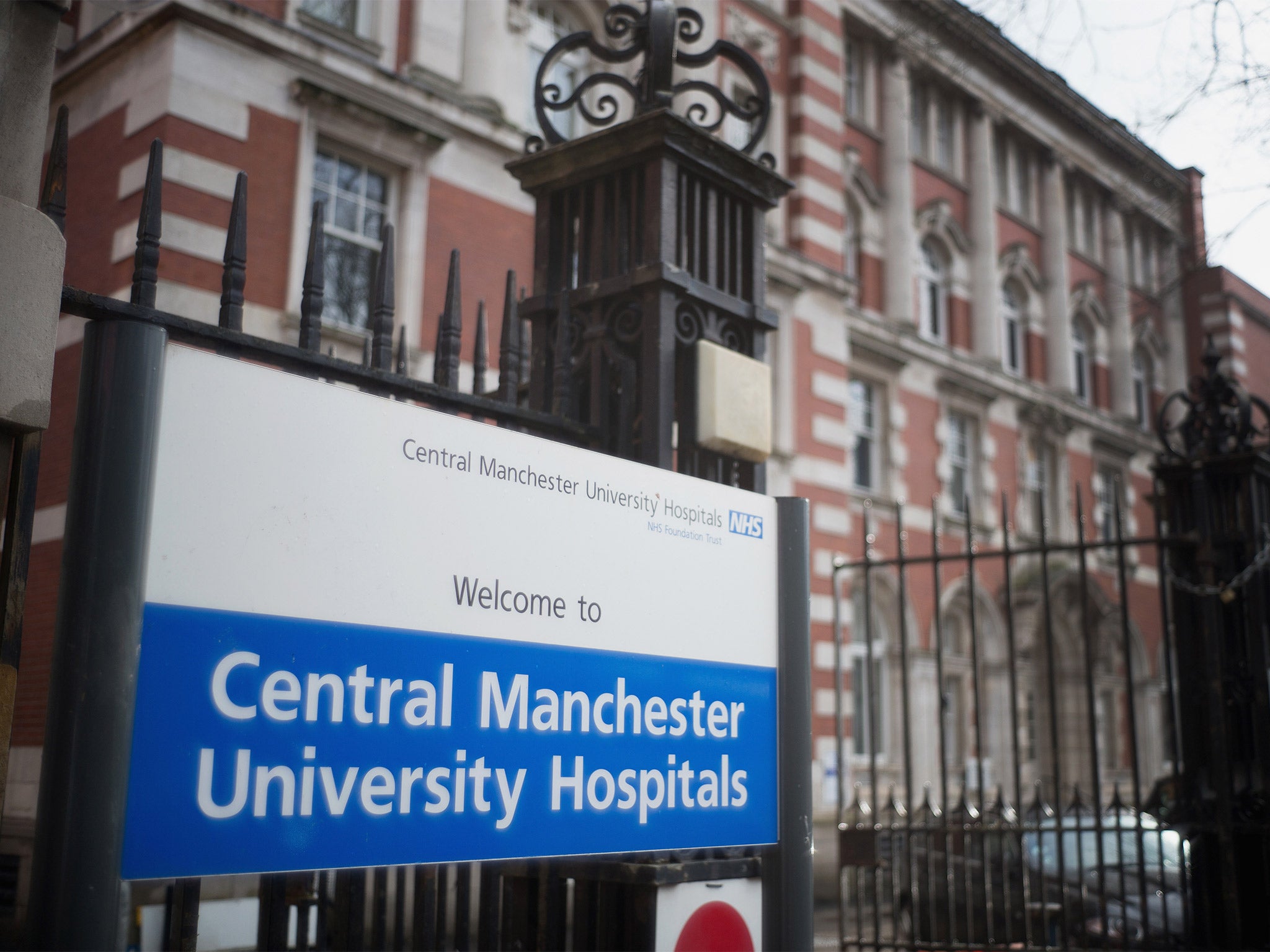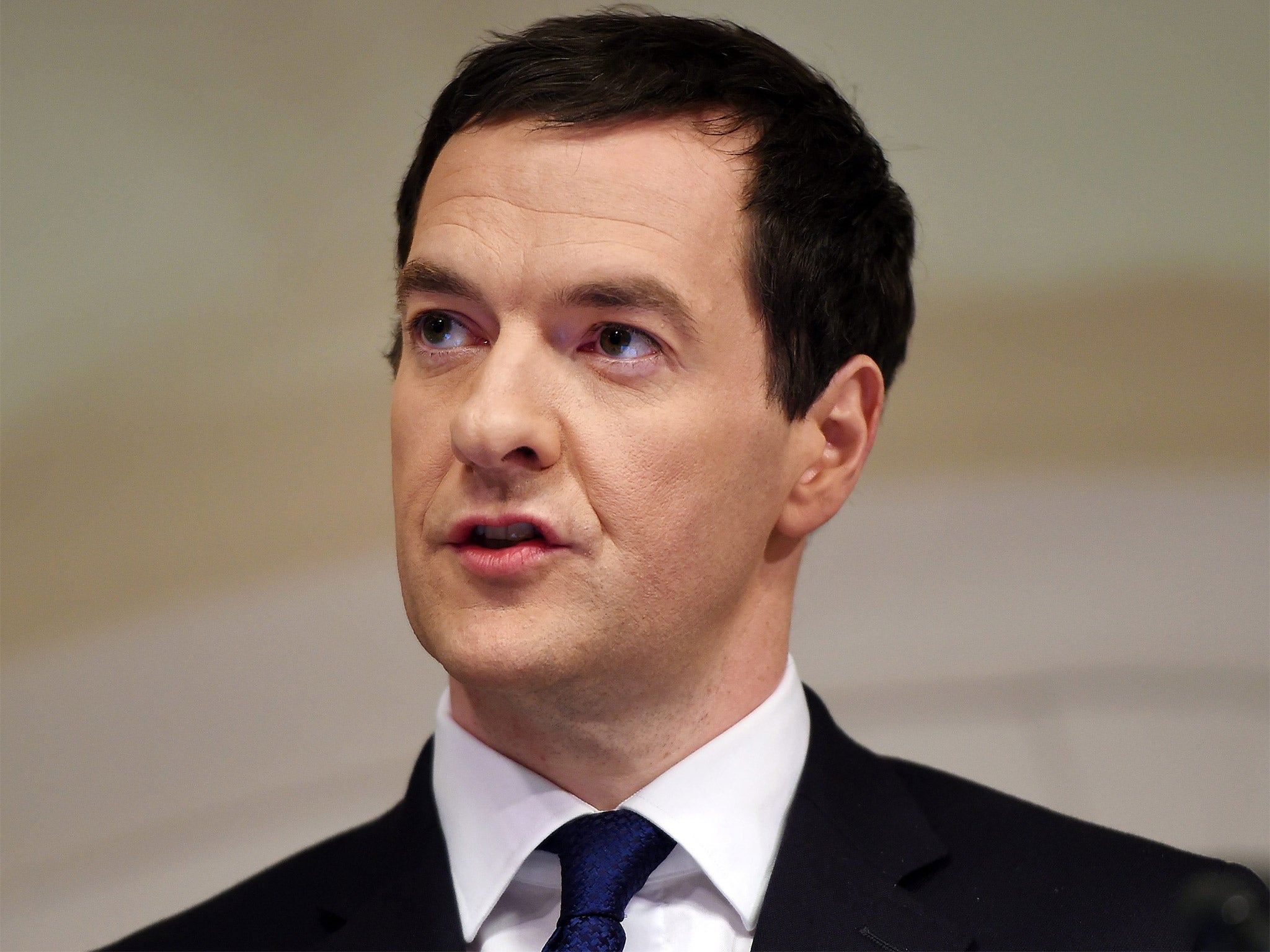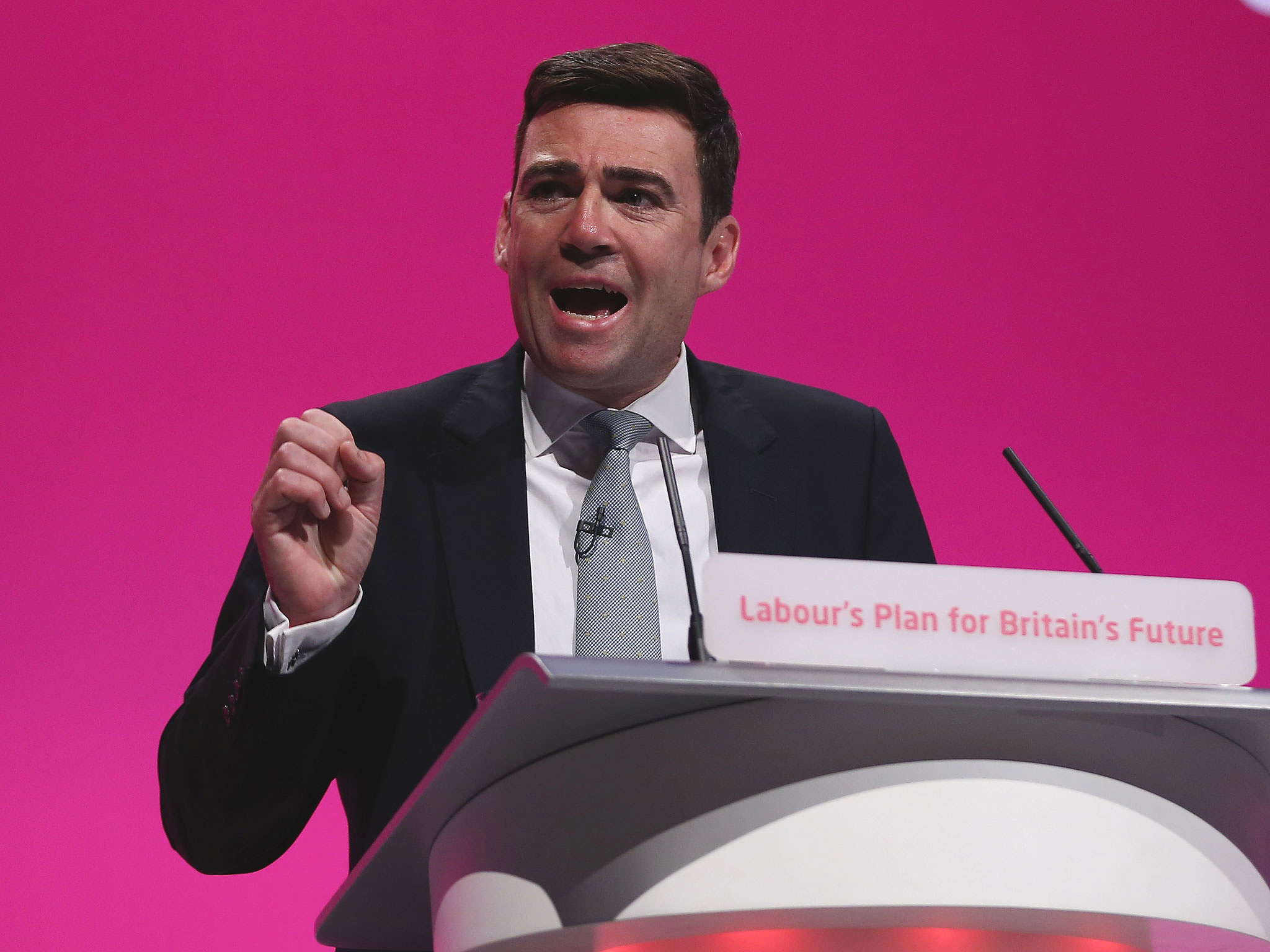Manchester plan for 'joined-up' NHS and social care could go national
Radical scheme would break down barriers to produce a joined-up service

A ground-breaking plan to devolve the £6bn NHS and social care budget in Greater Manchester to the region’s councils and health bodies could become the model for many parts of England.
The shake-up, expected to be announced on Friday, would break down barriers between hospitals and care in the community to ensure a “joined-up” service for patients. The rising elderly population has put huge pressure on hospitals, which often cannot discharge old people because of a lack of social care provided by cash-strapped local authorities hit by spending cuts.
The Greater Manchester blueprint is part of George Osborne’s vision of a “northern powerhouse”, under which a directly-elected mayor in Greater Manchester will enjoy new powers such as housing and transport from 2017. It could allow the Conservatives to trump Labour’s flagship plan to integrate health and social care. The Chancellor’s growing partnership with the region’s Labour council leaders is embarrassing for the party’s national leadership.
Jeremy Hunt, the Health Secretary, said: “Labour talks about integration but did nothing in 13 years [in power]. Now this Government is doing it for real.”
A new board of health and council officials would oversee the combined budgets of NHS England, 12 GP-led clinical commissioning groups and the social care provided by 10 local authorities in Greater Manchester. The proposed system, which could take two years to bring in, would be similar to the integrated one in Northern Ireland and the one being introduced in Scotland.

Under the agreement, Greater Manchester will remain subject to national NHS standards on patient care, including waiting times targets, and NHS care will continue to be free for all patients.
Health experts said similar offers of NHS autonomy could be made in Birmingham and Bristol, while the North-East region and north London.
However, health think tanks raised questions about whether the plan would mean yet another NHS reorganisation. NHS England denied that. But one crucial issue is how to merge “free” hospital treatment with means-tested social care under which only people with assets of less than £23,250 receive state help.
Richard Humphries, assistant director of the King’s Fund, said the Manchester plan was “the right direction of travel” but warned it could mean more organisational change, which he said the NHS “needs like a hole in the head”.

He told politicians not to assume integration would save money. “You might get people out of hospital quicker because of joint working with social care, but you’re not saving any money because the next patient is ready to jump into the bed,” he said. “You’re speeding up activity but you’re not reducing it….I do worry politicians may assume this as a get out of jail card for some of the huge financial pressures we’ve got in health and social care.”
A sign of the potential hurdles ahead came in a critical report on Thursday by the Commons Public Accounts Committee on the trouble-hit Better Care Fund which pools hospital and social care budgets. It said the planning for the fund was “deeply flawed” and that only £55m of the £1bn savings expected by the Government was realised.
The fund has now been redesigned and in the financial year starting in April, £5.3bn of pooled spending is due to save £532m. But Margaret Hodge, the committee’s Labour chairman, said it was “not convinced” that emergency hospital admissions and delayed discharges could be reduced to achieve such savings. “The priority has shifted from improving local services through integration to protecting NHS resources,” she said.

Mr Osborne hailed the Greater Manchester scheme as “a very exciting development” but dismissed suggestions it would undermine a national health service.
Simon Stevens, the chief executive of NHS England, conceded the new model “won’t necessarily be right for many other parts of England” but said for Greater Manchester, the time and conditions were right for “shared success.”
Ed Balls, the shadow Chancellor, appeared to back the deal but Andy Burnham, the shadow Health Secretary, did not, saying: "If you're going to stick to the idea of a national health service you can't have a Swiss cheese NHS where some bits of the system are operating to different rules or have different powers and freedoms. I am a bit worried what I'm hearing because it does point to further break-up of the idea of the NHS.”
Phillip Blond, director of the ResPublica think tank, which advocates radical devolution for Manchester as the first of a wave of “city states” within the UK, said the plan could be “a game-changer”.
He added: “The gains from integration are so vast that given the times of fiscal constraint we’re in and the desperate needs of those who are reliant on public services, this is a nettle we’ve got to grasp.”
Join our commenting forum
Join thought-provoking conversations, follow other Independent readers and see their replies
Comments